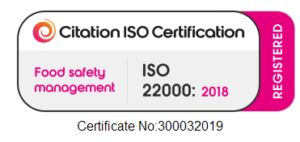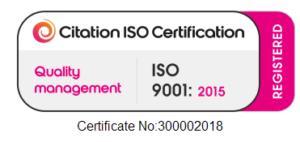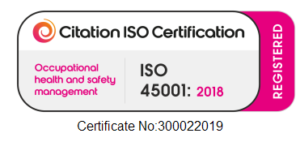As sustainability continues to reshape consumer expectations and regulatory standards, the wholesale food industry in the UK is undergoing a significant transformation. One of the most crucial areas of this change is in packaging. Advances in packaging technology are driving innovations that not only reduce waste but also use more eco-friendly materials. For businesses operating in the wholesale sector, understanding and adopting these innovations is becoming increasingly essential.
The Green Packaging Revolution
The global push towards sustainability has led to groundbreaking developments in packaging technology. According to a recent report by Smithers Pira, the global sustainable packaging market is projected to reach £850 billion by 2027, growing at an annual rate of 5.4%. This trend is mirrored in the UK, where businesses are increasingly adopting eco-friendly packaging solutions to meet consumer demand and regulatory pressures.
1. Biodegradable and Compostable Materials
One of the most exciting advancements in packaging is the development of biodegradable and compostable materials. Unlike traditional plastics, which can take hundreds of years to decompose, these materials break down into natural substances within a few months. For example, packaging made from cornstarch, mushroom mycelium, and seaweed is becoming more prevalent. In the UK, brands such as Innocent Drinks and Waitrose have already begun incorporating these materials into their packaging.
Statistic: The UK government has set a target to eliminate avoidable plastic waste by 2042, which is driving the demand for compostable and biodegradable packaging solutions.
2. Recycled and Upcycled Materials
Another significant trend is the use of recycled and upcycled materials. Recycled plastics and paper products are being repurposed for new packaging solutions, reducing the need for virgin materials. Upcycling takes this a step further by transforming waste products into valuable new packaging materials. For instance, the use of recycled ocean plastics in packaging has gained popularity, contributing to marine conservation efforts while reducing plastic waste.
Statistic: According to the British Plastics Federation, over 75% of packaging in the UK now includes some form of recycled content, reflecting a growing commitment to circular economy principles.
3. Edible Packaging
Edible packaging is a groundbreaking innovation that eliminates waste entirely. Made from ingredients such as rice, seaweed, or potato starch, these packages can be consumed along with the product or dissolved in water. This not only reduces packaging waste but also opens new avenues for creative branding and product presentation.
Example: Companies like Notpla have developed edible packaging solutions that have been tested for applications in both food and beverage sectors. This technology is still emerging, but its potential to transform the industry is immense.
4. Smart Packaging
Smart packaging technology integrates digital features such as QR codes, RFID tags, and sensors to enhance traceability and reduce waste. These technologies provide real-time information on product freshness, inventory levels, and supply chain conditions. For the wholesale food industry, this means better management of stock and a reduction in food spoilage.
Statistic: The smart packaging market in the UK is expected to grow at a compound annual growth rate (CAGR) of 8.2% from 2023 to 2028, reflecting its increasing adoption across various sectors.
5. Minimalist Packaging Design
Minimalist packaging design focuses on reducing material usage while maintaining functionality and aesthetic appeal. This approach not only cuts down on waste but also often results in cost savings. Brands like Coca-Cola and Unilever are leading the way with designs that use less material without compromising product safety or consumer experience. You can find those brands on our Holland Bazaar shields for the best wholesale price.
Adapting to Change
For wholesalers in the UK, adapting to these packaging innovations is not just a matter of keeping up with trends; it’s a crucial step in aligning with environmental regulations and consumer preferences. The UK government’s Extended Producer Responsibility (EPR) scheme, set to be implemented in 2024, will require businesses to take greater responsibility for the entire lifecycle of their packaging. By adopting innovative and sustainable packaging solutions now, wholesalers can stay ahead of regulatory changes and meet the growing demand for eco-friendly products.
In conclusion, the shift towards sustainable packaging is transforming the wholesale food industry in the UK. By embracing biodegradable materials, recycled content, edible packaging, smart technology, and minimalist design, businesses can reduce their environmental impact and cater to an increasingly eco-conscious market. As the industry continues to evolve, staying informed and proactive about these innovations will be key to long-term success and sustainability.
In Holland Bazaar we are already looking for a new solution in sustainable packaging. Are you and your business partners thinking about it? If not – this is your sign!




